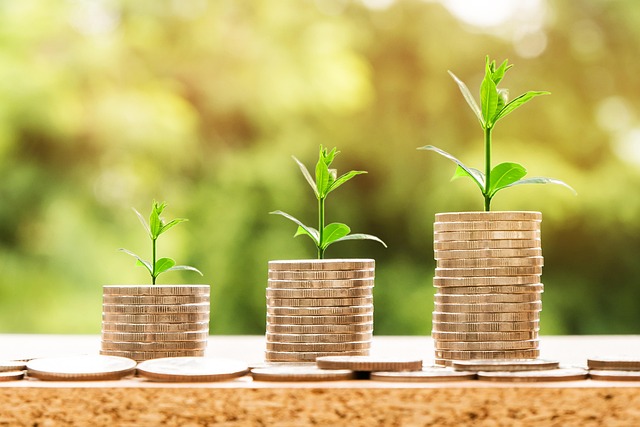Deforestation has emerged as one of the most pressing environmental issues of our time. As vast expanses of forests are sacrificed for agricultural development, urban expansion, and logging, the economic damages extend far beyond the loss of timber and land. This relentless assault on our planet’s lungs not only threatens biodiversity but has profound implications for climate change, contributing to a cycle of degradation that affects us all.
Forests play a critical role in regulating the global climate by sequestering carbon dioxide, a greenhouse gas that contributes to global warming. When trees are cut down, not only is this carbon sink compromised, but the carbon stored in the trees is released back into the atmosphere, intensifying the greenhouse effect. The economic damages from this are staggering. According to various studies, the loss of forests has contributed to significant climate-related costs, including increased natural disasters, severe weather patterns, and shifts in agricultural productivity, which in turn impact food security and economic stability worldwide.
The environment suffers devastating consequences from deforestation, manifesting in soil erosion, loss of biodiversity, and disruption of the water cycle. When trees are removed, the soil loses its integrity and ability to retain water, leading to increased flooding and decreased agricultural yields. Economically, this creates a vicious cycle: communities that depend on agriculture find themselves trapped in poverty as their land becomes less productive. The economic damages here ripple through local and global markets, affecting everything from food prices to labor markets.
Furthermore, the impact of climate change, exacerbated by deforestation, yields rising costs in health care, disaster relief, and infrastructural repairs. Families displaced by extreme weather events face economic hardships as they struggle to rebuild their lives. The financial burden of climate change adaptation and mitigation can fall heavily on governments, diverting resources away from essential services such as education and healthcare.
As the planet warms, the urgency to address the economic damages of deforestation becomes clearer. Innovative solutions, such as sustainable forestry practices, reforestation, and the promotion of alternative livelihoods, stand as pillars of hope. These strategies not only aim to restore and protect vital ecosystems but also offer economic incentives to communities who have the power to effect change. By investing in sustainable practices and eco-friendly technologies, we can transform the economic narrative surrounding forests—from one of exploitation and degradation to one of restoration and stewardship.
The connection between our environment, the economic damages we face, and climate change is undeniably complex. However, with collective action and solidarity, we can shift this narrative. Promoting policies that prioritize forest conservation, investing in sustainable development, and empowering local communities can mitigate the adverse effects of deforestation. Protecting our forests isn’t just an environmental imperative; it’s also a powerful economic opportunity that promises to yield benefits far beyond the immediate horizon.




